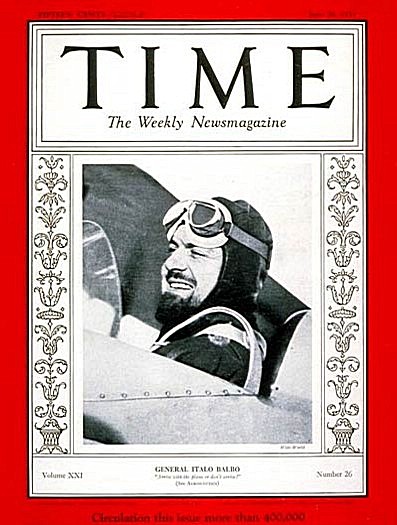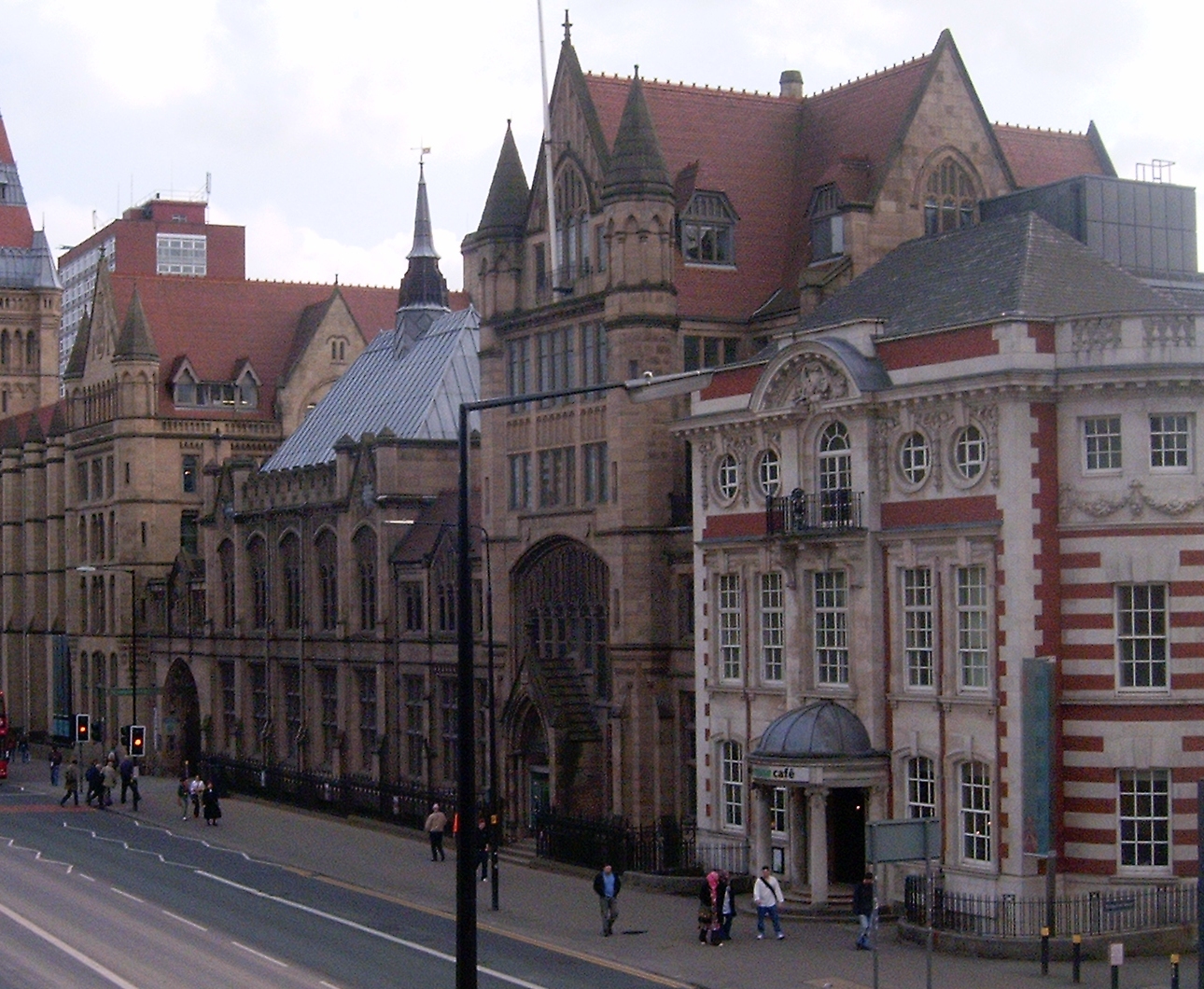|
Giovanni Minzoni
Giovanni Minzoni (born 1 July 1885 in Ravenna; died on 23 August 1923 in Argenta, province of Ferrara) was an Italian anti-fascist Catholic priest who was killed by a fascist squad in 1923. Minzoni was born to a middle-class family. He studied in a seminary and in 1909 was ordained priest. The following year he was appointed deputy pastor in the town of Argenta (in Emilia-Romagna), which he left in 1912 to go to study in the Scuola Sociale in Bergamo, where he was awarded his degree. World War I Called up by the army of the Kingdom of Italy in August 1916, he asked to serve as a military chaplain among the young soldiers at the Italian north-eastern front, and during a very critical moment in the Battle of the Piave River, he showed great courage, for which he was awarded the Silver Medal of Military Valor. Antifascism and the scout movement At the end of World War I, Minzoni returned to Argenta, where he joined the Popular Party ( Partito Popolare Italiano), the fore-run ... [...More Info...] [...Related Items...] OR: [Wikipedia] [Google] [Baidu] |
Ravenna
Ravenna ( , , also ; rgn, Ravèna) is the capital city of the Province of Ravenna, in the Emilia-Romagna region of Northern Italy. It was the capital city of the Western Roman Empire from 408 until its collapse in 476. It then served as the capital of the Ostrogothic Kingdom until it was re-conquered in 540 by the Byzantine Empire. Afterwards, the city formed the centre of the Byzantine Exarchate of Ravenna until the last exarch was executed by the Lombards in 751. Although it is an inland city, Ravenna is connected to the Adriatic Sea by the Candiano Canal. It is known for its well-preserved late Roman and Byzantine architecture, with eight buildings comprising the UNESCO World Heritage Site "Early Christian Monuments of Ravenna". History The origin of the name ''Ravenna'' is unclear. Some have speculated that "Ravenna" is related to "Rasenna" (or "Rasna"), the term that the Etruscan civilization, Etruscans used for themselves, but there is no agreement on this point. Ancien ... [...More Info...] [...Related Items...] OR: [Wikipedia] [Google] [Baidu] |
Fascism
Fascism is a far-right, authoritarian, ultra-nationalist political ideology and movement,: "extreme militaristic nationalism, contempt for electoral democracy and political and cultural liberalism, a belief in natural social hierarchy and the rule of elites, and the desire to create a (German: “people’s community”), in which individual interests would be subordinated to the good of the nation" characterized by a dictatorial leader, centralized autocracy, militarism, forcible suppression of opposition, belief in a natural social hierarchy, subordination of individual interests for the perceived good of the nation and race, and strong regimentation of society and the economy. Fascism rose to prominence in early 20th-century Europe. The first fascist movements emerged in Italy during World War I, before spreading to other European countries, most notably Germany. Fascism also had adherents outside of Europe. Opposed to anarchism, democracy, pluralism, liberalism ... [...More Info...] [...Related Items...] OR: [Wikipedia] [Google] [Baidu] |
Censorship In Italy
In Italy, freedom of press is guaranteed by the Constitution of 1948. This freedom was specifically established in response to the Censorship in Italy which occurred during the fascist regime of Benito Mussolini (1922–1945). Censorship continues to be an issue of debate in the modern era. Censorship in Italy under Fascism (1922–1943) Censorship in Italy was not created with Fascism, nor did it end with it, but it had a heavy influence in the life of Italians under the Regime. The main goals of censorship under fascism were, concisely: *Control over the public appearance of the regime, also obtained with the deletion of any content that could allow opposition, suspicions, or doubts about fascism. *Constant check of the public opinion as a measure of consensus. *Creation of national and local archives (''schedatura'') in which each citizen was filed and classified depending on their ideas, habits, relationship and any shameful acts or situations which had arisen; in this way ... [...More Info...] [...Related Items...] OR: [Wikipedia] [Google] [Baidu] |
Italo Balbo
Italo Balbo (6 June 1896 – 28 June 1940) was an Italian fascist politician and Blackshirts' leader who served as Italy's Marshal of the Air Force, Governor-General of Libya and Commander-in-Chief of Italian North Africa. Due to his young age, he was sometimes seen as a possible successor of dictator Benito Mussolini. After serving in World War I, Balbo became the leading Fascist organizer in his home region of Ferrara. He was one of the four principal architects (''Quadrumviri del Fascismo'') of the March on Rome that brought Mussolini and the Fascists to power in 1922, along with Michele Bianchi, Emilio De Bono and Cesare Maria De Vecchi. In 1926, he began the task of building the Italian Royal Air Force and took a leading role in popularizing aviation in Italy, and promoting Italian aviation to the world. In 1933, perhaps to relieve tensions surrounding him in Italy, he was given the government of Italian Libya, where he resided for the remainder of his life. Balbo, ... [...More Info...] [...Related Items...] OR: [Wikipedia] [Google] [Baidu] |
Manchester University Press
Manchester University Press is the university press of the University of Manchester, England and a publisher of academic books and journals. Manchester University Press has developed into an international publisher. It maintains its links with the University. Publishing Manchester University Press publishes monographs and textbooks for academic teaching in higher education. In 2012 it was producing about 145 new books annually and managed a number of journals. Areas of expertise are history, politics and international law, literature and theatre studies, and visual culture. MUP books are marketed and distributed by Oxford University Press in the United States and Canada, and in Australia by Footprint Books; all other global territories are covered from Manchester itself. Some of the press's books were formerly published in the US by Barnes & Noble, Inc., New York. Later the press established an American office in Dover, New Hampshire. Open access Manchester University Pre ... [...More Info...] [...Related Items...] OR: [Wikipedia] [Google] [Baidu] |
Benito Mussolini
Benito Amilcare Andrea Mussolini (; 29 July 188328 April 1945) was an Italian politician and journalist who founded and led the National Fascist Party. He was Prime Minister of Italy from the March on Rome in 1922 until his deposition in 1943, and "Duce" of Italian Fascism from the establishment of the Italian Fasces of Combat in 1919 until his execution in 1945 by Italian partisans. As dictator of Italy and principal founder of fascism, Mussolini inspired and supported the international spread of fascist movements during the inter-war period. Mussolini was originally a socialist politician and a journalist at the ''Avanti!'' newspaper. In 1912, he became a member of the National Directorate of the Italian Socialist Party (PSI), but he was expelled from the PSI for advocating military intervention in World War I, in opposition to the party's stance on neutrality. In 1914, Mussolini founded a new journal, ''Il Popolo d'Italia'', and served in the Royal Italian Army durin ... [...More Info...] [...Related Items...] OR: [Wikipedia] [Google] [Baidu] |
Scouting
Scouting, also known as the Scout Movement, is a worldwide youth movement employing the Scout method, a program of informal education with an emphasis on practical outdoor activities, including camping, woodcraft, aquatics, hiking, backpacking, and sports. Another widely recognized movement characteristic is the Scout uniform, by intent hiding all differences of social standing in a country and encouraging equality, with neckerchief and campaign hat or comparable headwear. Distinctive uniform insignia include the fleur-de-lis and the trefoil, as well as merit badges and other patches. In 1907, Robert Baden-Powell, a Lieutenant General in the British Army, held a Scouting encampment on Brownsea Island in England. Baden-Powell wrote '' Scouting for Boys'' (London, 1908), partly based on his earlier military books. The Scout Movement of both Boy Scouts and Girl Scouts was well established in the first decade of the twentieth century. Later, programs for younger children, such as ... [...More Info...] [...Related Items...] OR: [Wikipedia] [Google] [Baidu] |
Catholicism
The Catholic Church, also known as the Roman Catholic Church, is the largest Christian church, with 1.3 billion baptized Catholics worldwide . It is among the world's oldest and largest international institutions, and has played a prominent role in the history and development of Western civilization.O'Collins, p. v (preface). The church consists of 24 ''sui iuris'' churches, including the Latin Church and 23 Eastern Catholic Churches, which comprise almost 3,500 dioceses and eparchies located around the world. The pope, who is the bishop of Rome, is the chief pastor of the church. The bishopric of Rome, known as the Holy See, is the central governing authority of the church. The administrative body of the Holy See, the Roman Curia, has its principal offices in Vatican City, a small enclave of the Italian city of Rome, of which the pope is head of state. The core beliefs of Catholicism are found in the Nicene Creed. The Catholic Church teaches that it is th ... [...More Info...] [...Related Items...] OR: [Wikipedia] [Google] [Baidu] |
Opera Nazionale Balilla
Opera Nazionale Balilla (ONB) was an Italian Fascist youth organization functioning between 1926 and 1937, when it was absorbed into the Gioventù Italiana del Littorio (GIL), a youth section of the National Fascist Party. It takes its name from ''Balilla'', the nickname of Giovan Battista Perasso, a Genoese boy who, according to local legend, started the revolt of 1746 against the Habsburg forces that occupied the city in the War of the Austrian Succession. Perasso was chosen as the inspiration for his supposed age and revolutionary activity, while his presence in the fight against Austria reflected the irredentist stance taken by early Fascism, and Italy's victories in World War I. Origins Nationalists in the years after the war thought of themselves as combating the both liberal and domineering institutions created by cabinets such as those of Giovanni Giolitti, including traditional schooling. Futurism, a revolutionary cultural movement which served as a catalyst for Fasc ... [...More Info...] [...Related Items...] OR: [Wikipedia] [Google] [Baidu] |
.png)
.jpg)




.jpg)
